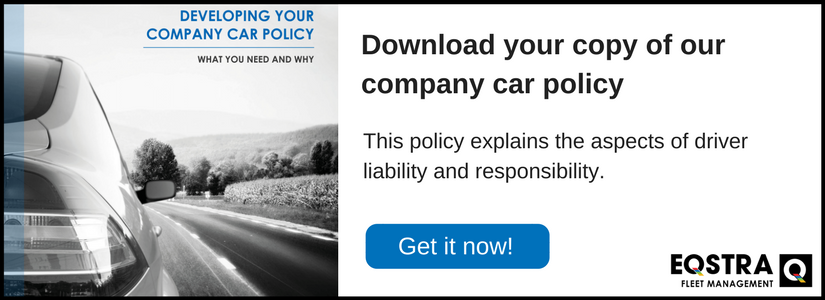 As a fleet manager you’re well-versed in the various complexities of keeping your vehicles on the road, in the safest and most cost-effective way possible. One thing that frustrates any manager, however, is traffic congestion.
As a fleet manager you’re well-versed in the various complexities of keeping your vehicles on the road, in the safest and most cost-effective way possible. One thing that frustrates any manager, however, is traffic congestion.
As more and more cars clog up the country’s roads, your precious time and money is slipping away in the traffic jam. Why is traffic affecting your ROI? And is there a way to avoid the drain on your resources and bottom line?
What’s the situation like in SA?
In 2016, SA was ranked as the seventh most traffic-congested country in the world. Cape Town was found to be the worst city in SA when it comes to traffic, followed by Johannesburg and then Durban and Pretoria. The problem isn’t going away anytime soon either. For example, the motorway between Johannesburg and Pretoria will see an increase of approximately 7% per year for the foreseeable future. Traffic congestion is an unpleasant reality that is here to stay.
Goodbye time, hello extra costs
Traffic hits everyone where it hurts most – in the wallet. Research by the South African Journal of Economics has shown that in Johannesburg, drivers lose around three hours and 40 minutes every day, which can be equated to a whopping R100 per person, per hour. From a business perspective, the congested roads and their poor condition both have a chokehold on Economic Growth, as pointed out by Deputy President Kgalema Motlanthe.
Traffic can hurt your relationships with customers
Traffic patterns can be unpredictable – one accident and a route that appeared to be smooth sailing is now a mess. Late or missed deliveries can cause seriously unhappy clients, and make you look unprofessional. In the UK, 93% of van drivers attributed being late for appointments because of traffic. It makes sense that you want your drivers to avoid traffic wherever possible, so that they can stick to their schedule.
Stay in control with smart systems
GPS-based platforms such as telematic devices that receive and analyse real-time data about traffic can help plan routes and avoid nasty surprises. Such a system can track where your vehicles are and if there is any congestion in their area, plan an alternative route and estimate a delivery time to help you keep your customer in the loop.
Thinking long term
Data can also be used to plan routes by predicting long term traffic patterns. That way, you can employ a reactive approach to random events that cause traffic congestion, as well as a proactive approach towards traffic that you know will be there. Modelling and analytics can observe the day to day build-up of traffic during peak hours and allow you to plan routes for your drivers that are more time and fuel efficient. Having a planned route also guides your drivers so that they do not get lost or waste time: a win-win situation.
Keep track to stay in control
The overall message about telematics is that you maintain perfect control over fleet and driver behaviour. Not only can you analyse information about traffic patterns and plan routes, you can also obtain a wealth of other information about idle times, speeding, fuel use and even the finer aspects of how drivers take corners, pull off and brake. All of this allows you to address problems and make the adjustments that you need to keep your fleet running like a well-oiled machine.
Train your drivers on how to handle traffic
In Minnesota in the United States, drivers were trained on how to minimise the effects of traffic congestion. They were taught when and how to brake to avoid stop-start driving and how to merge lanes smoothly, which resulted in drivers being able to maintain more speed and decreased overall traffic congestion. Perhaps investing in some basic training for the drivers in your fleet can help them to minimise the time spent in traffic.
Don’t be part of the problem
Broken-down vehicles are often seen on South African roads, causing traffic to snarl up unexpectedly. Make sure that your fleet management system monitors and notifies you when your vehicles are due for maintenance to ensure that there are no nasty surprises when your fleet is out and about.
